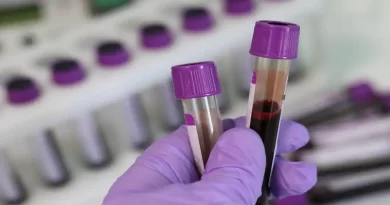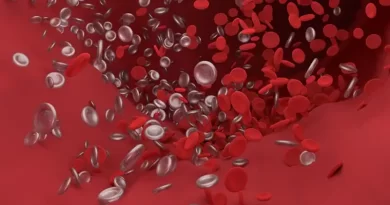Dehydration and Blood Clots
Many doctors recommend staying hydrated to prevent blood clots. These blood clots include pulmonary embolism and deep vein thrombosis. For instance to prevent blood clots after flight, it is common to recommend to move around and to drink clear fluids. While the formal CDC recommendations do not include this recommendation, it is still prevalent. For example, the American Heart Association website lists dehydration as a risk factor. But where does this recommendation come from? Is there a known connection between dehydration and blood clots?
The Data
In adults, data are scarce. One study examined the occurrence of blood clots throughout the year. The authors found that more clots occurred during the warmer months. Then, they showed that many patients had higher blood markers of possible dehydration (such as elevated BUN). It is important to note that the study was limited. For instance, it was only single center, it was retrospective and it was small. The authors never proved a mechanism.
On the other hand, in newborns there is a known connection between a certain type of severe dehydration and blood clots. This is called hypernatremic dehydration.
Theoretical Risk for Dehydration and Blood
Nonetheless, there is a theoretical risk for blood clots with dehydration. The idea is that significant lack of fluid causes concentration of hypercoagulable factors as well as increased platelet activity. Both can lead to thrombosis. However, direct data to support this theory are lacking. Still, one study showed that elevated sodium concentration leads to increased expression of von-Willebrand Factor by endothelial cells. As von-Willebrand Factor is central to the coagulation cascade, this means that clotting might increase. The authors postulated that increased sodium during dehydration might cause elevated risk for thrombosis. They focused on arterial thrombosis (such as a clot in a heart artery or stroke).
Another study supported the theory in a different way. The authors showed increased thrombosis in dehydrated mice, that was reversed with aspirin.



